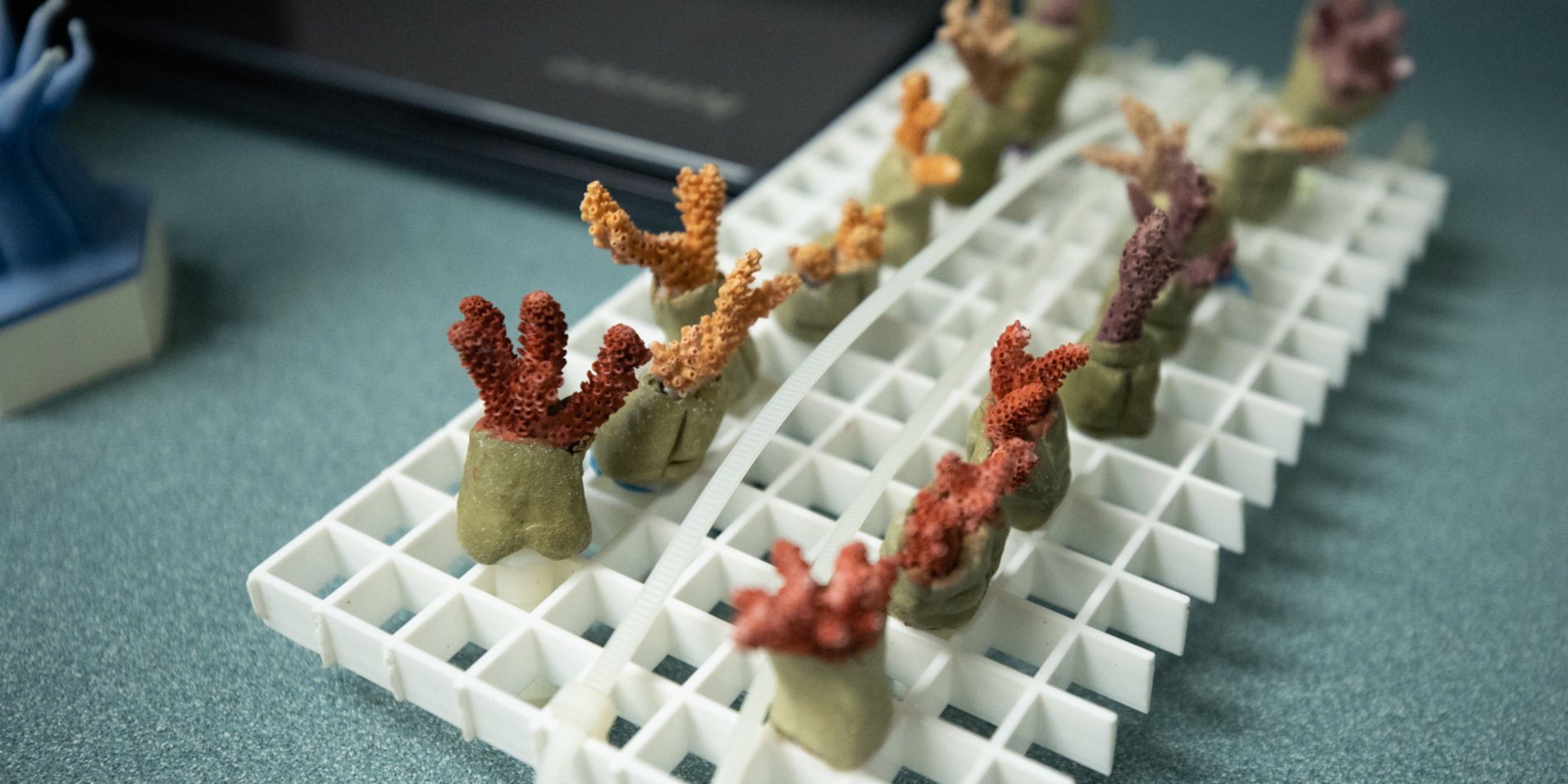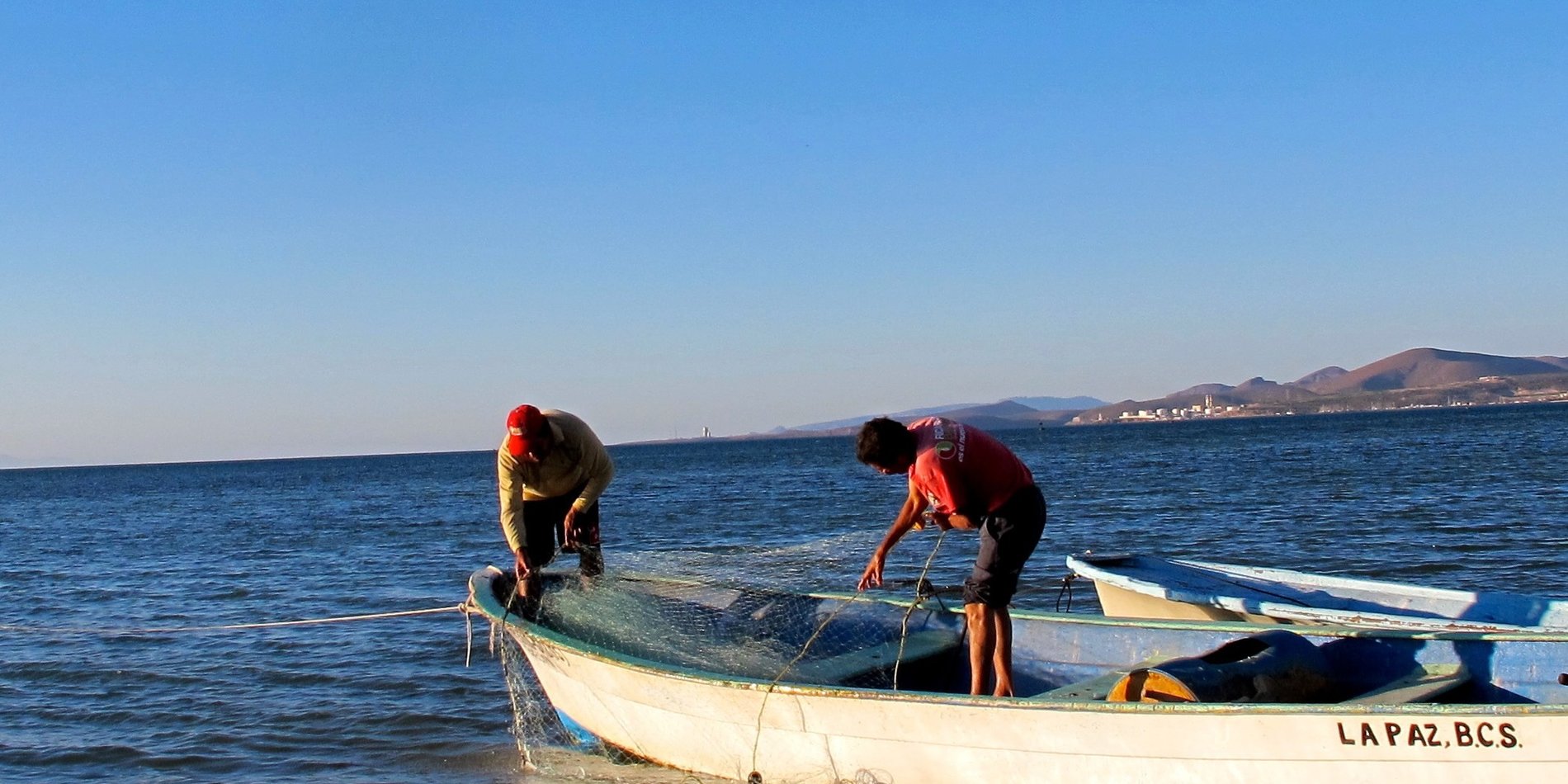The ocean covers about 70% of Earth’s surface, regulates the climate and is home to countless species of fish, a major source of protein for more than one billion people. It is now under threat from climate change, overfishing and pollution. To respond to these threats, those who use, safeguard and study our seas need real-time information. Yet too often, ocean management has been undermined by the lack of data on human activity and on the waters themselves.
Stanford Center for Ocean Solutions' Annie Brett, Kevin Chand and co-director Jim Leape co-authored a Comment in Nature, addressing key ways to open up, share and network information data, so that marine stewardship can better mitigate these challenges.
Happily, new technology platforms collected more data on the oceans in 2018 than was gathered during the entire twentieth century. "Data from satellites, autonomous underwater vehicles and other platforms have come together with emerging data streams from social media, smartphones and low-cost distributed sensors. This enables a new understanding of the impact of human activity on the ocean," explains Brett.
However, the swelling of ocean information in the past decade has not been accompanied by a rethinking of how data are collected, shared and accessed. Historical data-management methods have created a highly fragmented landscape that is resistant to integration. There are four big problems: silos, control, format and quality, and fragmentation.
Ocean data are dispersed, and so are the teams of experts that must make sense of them. These ‘many-to-many’ networks will evolve as collaborations change.New data architectures must enable flexible access, usage, analysis and cooperation. In their Comment, the authors outline three key ingredients: federated networks, open data, and business models.
"Global coordination and commitment is needed," add Leape. "The UN Decade of Ocean Science for Sustainable Development is an opportunity to revolutionize how ocean data are collected, stored and used. We must capitalize on this moment to drive change."
Read the full Comment here >



